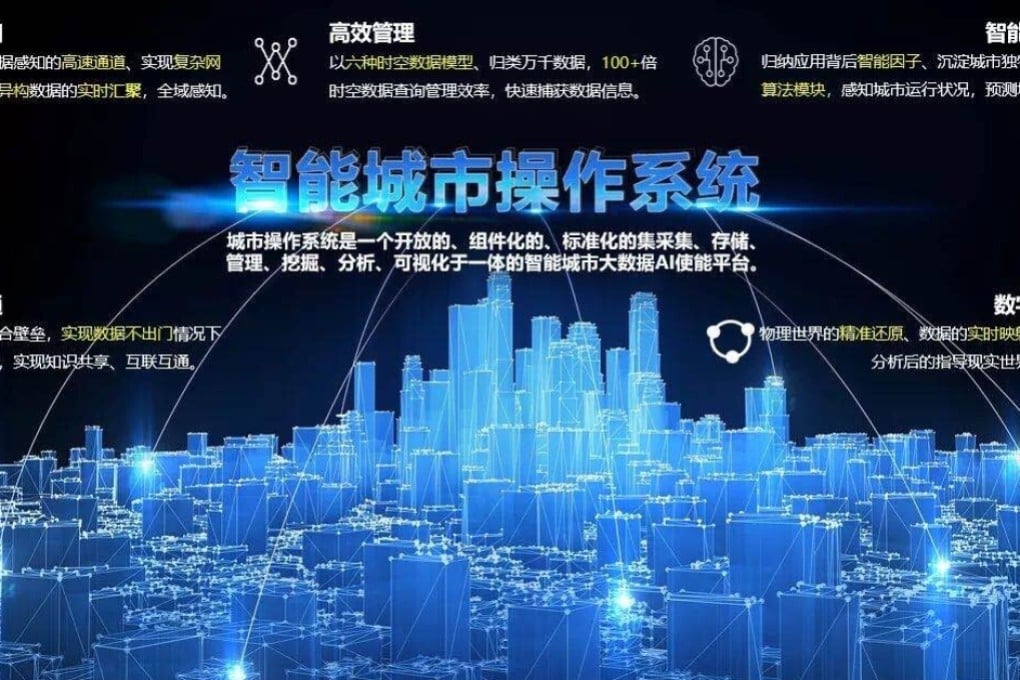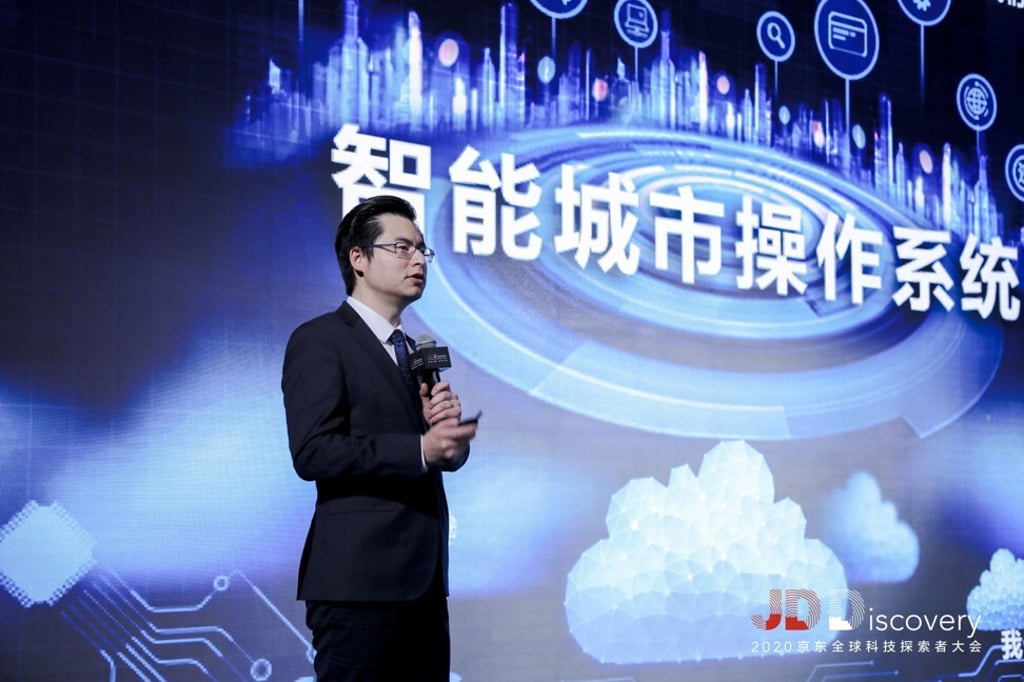JD unveils first phase of Xiongan smart city operating system for Xi Jinping’s city of the future
- JD Digits, the e-commerce giant’s big data arm, is building up a smart city operating system that uses artificial intelligence
- Alibaba, Tencent and Baidu all have their own plans for Xiongan, a smart city project personally backed by Chinese President Xi Jinping

The platform is supposed to gather all the city’s data in one place, making it easier to be shared, the company said on Thursday. describing it as an integrated or “block data” platform. The Intelligent City operating system, unveiled at the company’s JD Discovery event, is a collaboration between JD Digits, previously known as JD Finance, and the state-owned China Xiongan Group.
During the event, JD vice-president Zheng Yu, who is also the chief data scientist for JD Digits and director of JD Intelligent City Research, described how the system brings disparate data together. The system collects not just traditional government data, but also voice and video data and so-called spatiotemporal data, such as travel and consumption records. The data is combined to be used for future data analysis and mining, Zheng said.

“In the era of smart cities, we need not only speech and facial recognition, which belong to widely used artificial intelligence technology,” he said. “We need more specific AI models for smart city applications such as traffic flow prediction, early warning for crowd gatherings and locations for charging stations.”
The system is also meant to notify relevant departments of potential emergencies. One of the applications Zheng mentioned is Covid-19 prevention and control.